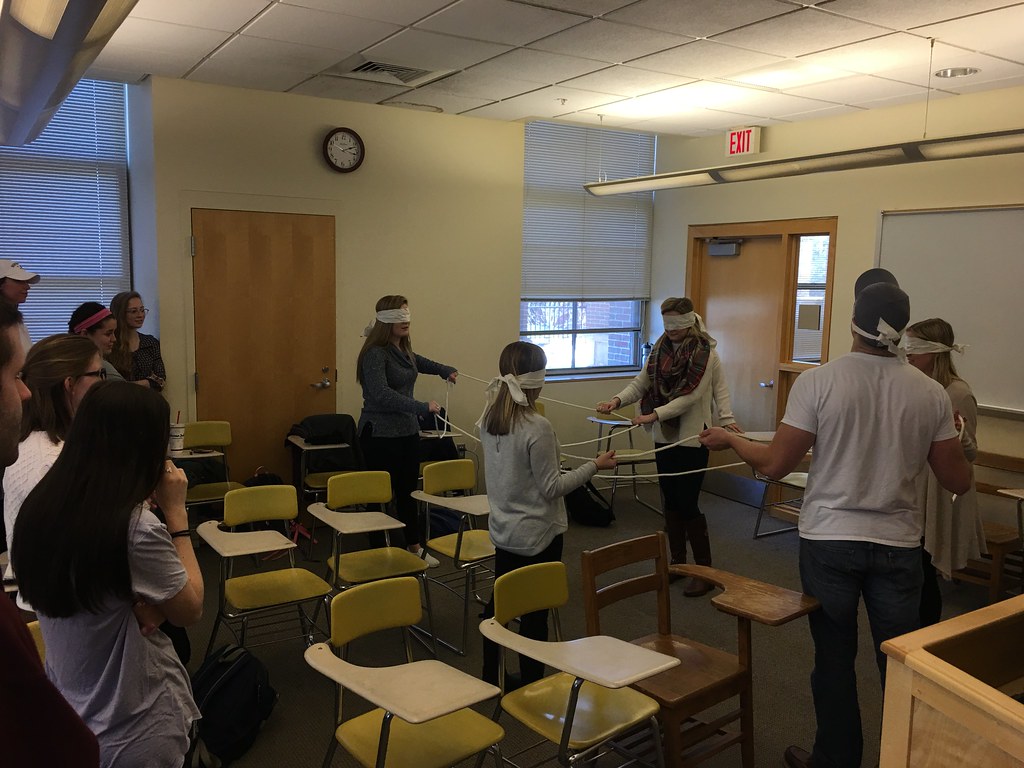This semester I am requiring my students to start working in public. I'm trying to adopt principles of open pedagogy - an educational philosophy that calls for sharing ideas freely, and for doing so in a manner that engages the student with the world.
It appears UMW is also embracing the concept - giving students their own domain name where they can put their work on public display, creating a portfolio. Here's a nice article from one of their students about the experience, and what makes it work:
https://brightreads.com/the-web-we-need-to-give-students-311d97713713#.ld613alrf
I'm calling my requirement a "portfolio". I've shown the students how to set up a blog, and I've suggested they use the blog format to document their journey, but I am not requiring they use a blog. What I told them was they could use a blog or some other web-based technology, so long as the work was in the public sphere. I've also told them they can do it anonymously - they don't have to use their real names.
I like this quote from the article:
I am hopeful that the process of building a portfolio of reflections is a worthwhile process. I am afraid that they are so used to the disposable, check the block kind of assignments that they will not be able to embrace this idea.
It appears UMW is also embracing the concept - giving students their own domain name where they can put their work on public display, creating a portfolio. Here's a nice article from one of their students about the experience, and what makes it work:
https://brightreads.com/the-web-we-need-to-give-students-311d97713713#.ld613alrf
I'm calling my requirement a "portfolio". I've shown the students how to set up a blog, and I've suggested they use the blog format to document their journey, but I am not requiring they use a blog. What I told them was they could use a blog or some other web-based technology, so long as the work was in the public sphere. I've also told them they can do it anonymously - they don't have to use their real names.
I like this quote from the article:
And then — contrary to what happens at most schools, where a student’s work exists only inside a learning management system and cannot be accessed once the semester is over — the domain and all its content are the student’s to take with them. It is, after all, their education, their intellectual development, their work.The key, though is for the work to be meaningful. One of the principles of open pedagogy is to not assign work that is thrown away at the end of the semester. The standard, "Write me a 2-3 page paper about what chapter 7 says" is an example of an expendable assignment. It is strictly an exercise not meant for retention.
I am hopeful that the process of building a portfolio of reflections is a worthwhile process. I am afraid that they are so used to the disposable, check the block kind of assignments that they will not be able to embrace this idea.
